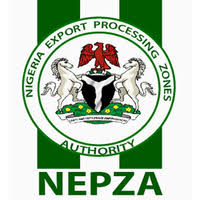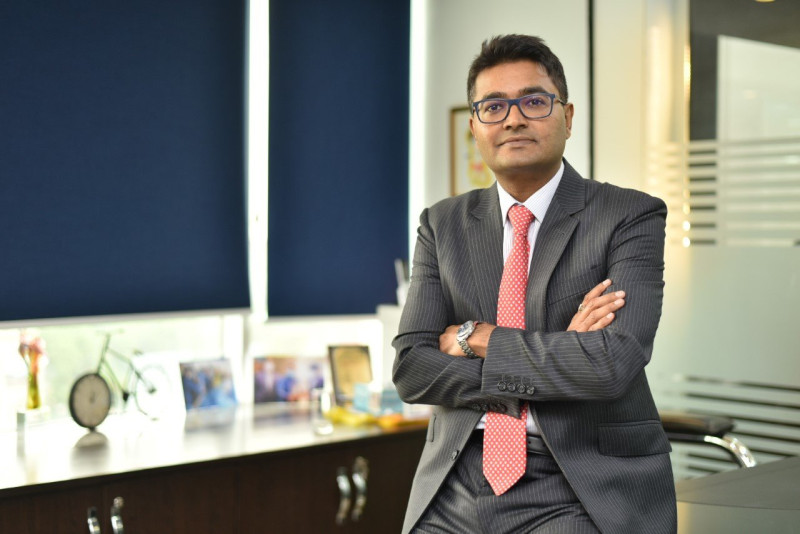Four key free trade zones in Lagos—Lagos Free Trade Zone (LFZ), Lekki Free Trade Zone, Alaro City, and Lagos Deep Offshore Logistics (LADOL)—have collectively attracted $8 billion in investment, boosting Nigeria’s economy and creating employment. Officials from the zones disclosed the figures during a media tour organized by the Nigeria Export Processing Zones Authority (NEPZA).
Investment in these zones includes $2.5 billion for Lagos FTZ, $4 billion for Lekki FTZ, $1 billion for Alaro City, and $500 million for LADOL. NEPZA reported that these zones support export-oriented manufacturing and contribute to economic growth in non-oil sectors. NEPZA’s Managing Director, Olufemi Ogunyemi, noted that the 46 licensed zones in Nigeria had created over 38,000 direct jobs and 172,930 indirect jobs by the end of 2023.
Chinju Nwankwo-Udora, Lagos FTZ’s Business Development Manager, emphasized that since its inception in 2012, the zone has built infrastructure to facilitate ease of business, currently hosting 30 companies with plans to increase this to 150. “Lagos FTZ has drawn in about $2.5 billion in investment, including the $1.2 billion Lekki ports project. In 2023 alone, it generated over N40 billion in customs duties and N400 million in taxes for Lagos State,” she stated.
Bolatito Ajibode, Deputy Managing Director of LFZDC, highlighted the job opportunities created by the free zones, with about 3,200 daily workers, and noted that the zone has over 60 operational enterprises and 30 more under construction. She acknowledged challenges such as limited road infrastructure and currency devaluation, but shared the zone’s plan to introduce a “buy now, pay later” policy to support local investors.
Dr. Amy Jadesimi, Managing Director of LADOL, spoke on the need to leverage free zones to boost manufacturing and diversify Nigeria’s economy, envisioning the zone as an industrial hub generating 30,000 jobs. She stressed the importance of overcoming infrastructure and self-confidence challenges within Nigeria, saying, “If we believed in and supported each other, we could tackle these barriers more easily.”
Alaro City’s Project Director, Morgan Oriahi, highlighted that its strategic location near Lekki Deep Seaport and airport positions the city as a business growth hub, benefiting both local and foreign investors seeking opportunities in Nigeria’s expanding free trade zones.










